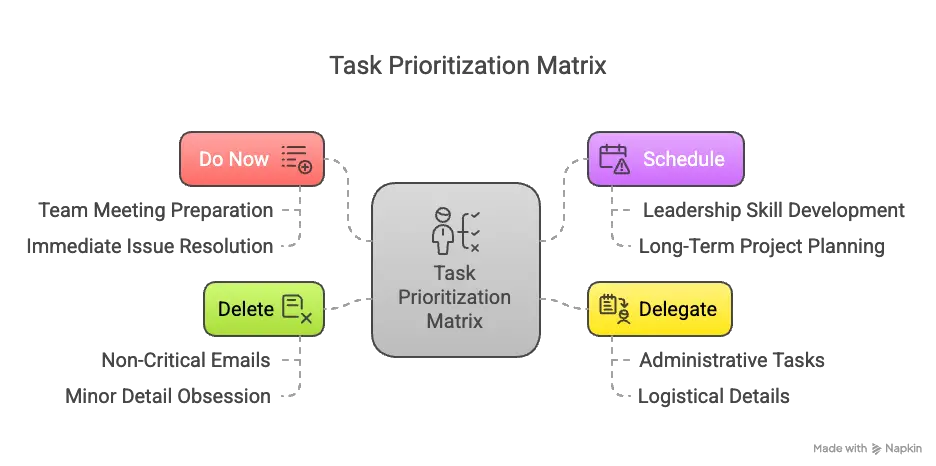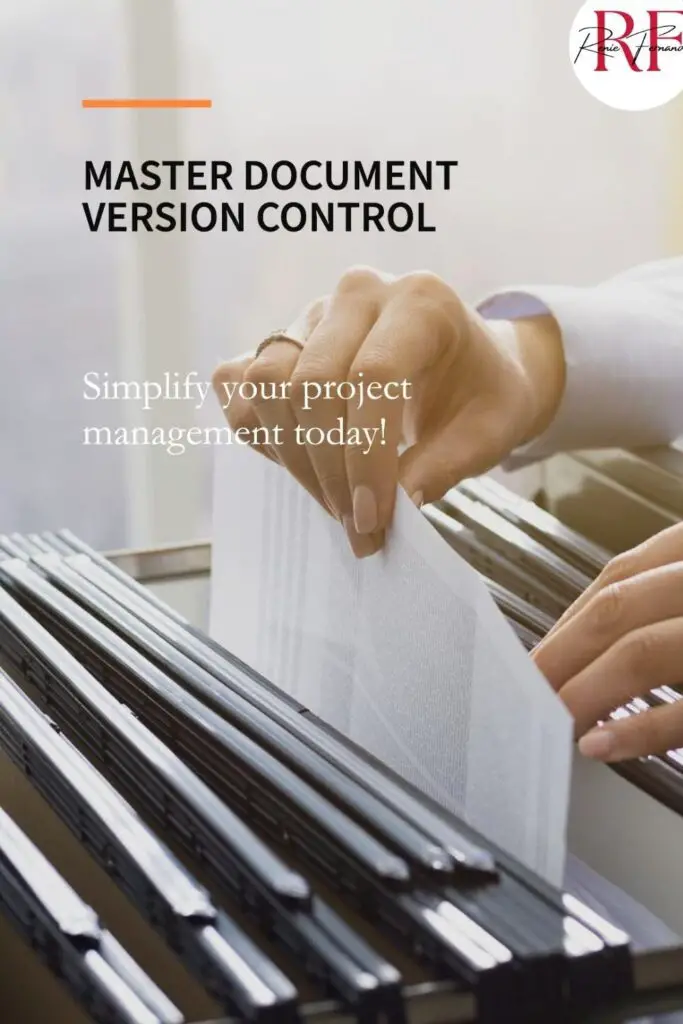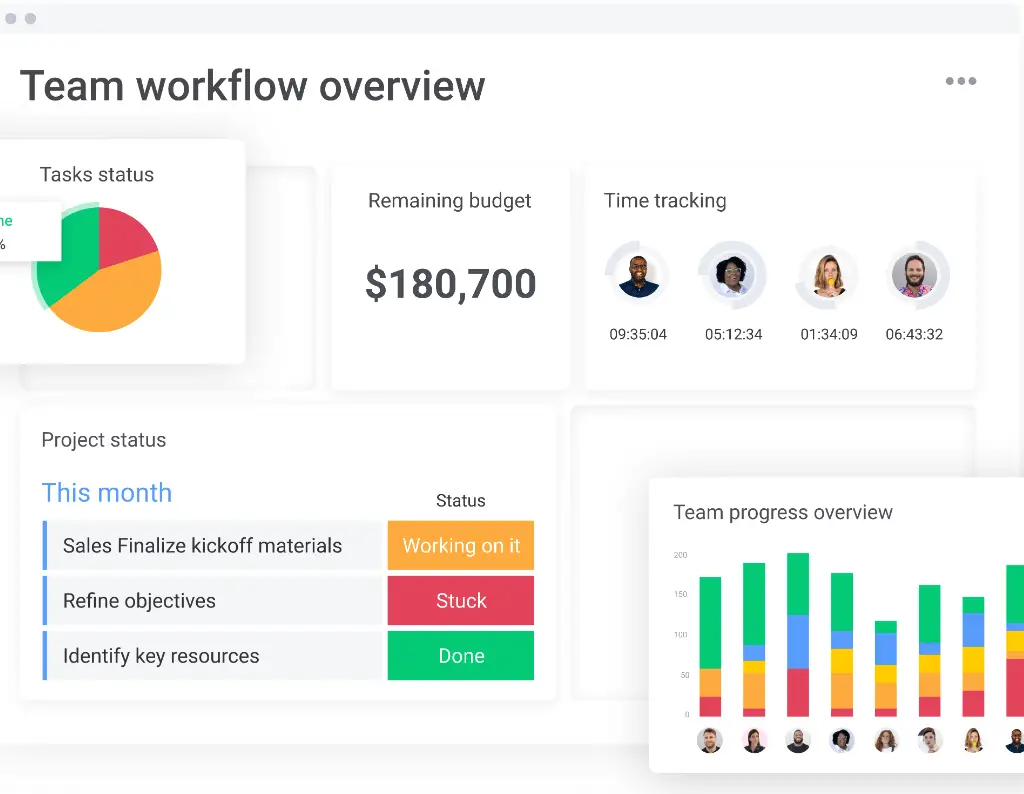READ TIME: 6 minutes
Feeling overwhelmed? You’re not alone.
Whether you’re navigating the early days of being a new manager, juggling personal development goals, or simply trying to manage the demands of work, it can feel like there’s too much to do and too little time to do it.
But here’s the thing: the feeling of overwhelm often comes not from the tasks themselves but from how we approach them. When everything seems urgent, we lose clarity and end up spinning our wheels.
The good news is that you don’t need fancy tools or complicated systems to regain control. You just need a simple framework to help you prioritize and focus.
Let me share a tried-and-true method I use when the pressure mounts — it’s a framework that can help you not only manage your workload but also grow into a better version of yourself, whether at work or in life.
The Mistake Most People Make
When we are overwhelmed, we tend to treat every task as equally important. We give the same weight to answering emails as we do to preparing for a big presentation or mentoring a team member. The result? We drown in busy work and lose sight of what really matters.
But here’s the truth: not every task deserves your time and energy. Some things need immediate attention, some can wait, some should be delegated, and others don’t need to be done at all.
This is where the 2×2 Decision Framework comes in. It helps you sort through the noise and focus on what truly matters.
The 2x2 Decision Framework
Every task you face falls into one of these four categories:
- Do Now: High urgency, high importance
Example: Preparing for a team meeting where decisions need to be made or resolving an immediate issue impacting your team. - Schedule: Low urgency, high importance
Example: Developing your leadership skills, planning a long-term project, or setting goals for your team. - Delegate: High urgency, low importance
Example: Administrative tasks or logistical details that someone else on your team can handle. - Delete: Low urgency, low importance
Example: Responding to non-critical emails or obsessing over minor details that don’t make a real impact.
This framework helps you focus on tasks that truly matter while letting go of distractions that drain your energy.

How This can Help You
Let me share a recent example of how I used this framework to manage a busy week:
- Task: A team member needed guidance on a time-sensitive project.
Decision: Do Now — Supporting my team in key moments builds trust and ensures progress.
- Task: Revising a personal development plan for myself.
Decision: Schedule — It’s important for growth but not urgent, so I blocked time next week.
- Task: Organizing a team-building event.
Decision: Delegate — I assigned this to a capable team member who can handle the details.
- Task: Responding to a request for a meeting that didn’t align with my priorities.
Decision: Delete — Protecting my time allows me to focus on what truly matters.
By filtering tasks through this framework, I not only cleared my plate but also felt more in control of my time and energy.
Why This Matters for Personal Growth
Managing overwhelm isn’t just about getting things done — it’s about making room for what matters most, both personally and professionally.
- For New Managers: This framework helps you prioritise team support and high-value leadership activities over low-impact tasks.
- For Personal Development: It ensures you don’t neglect long-term growth while managing day-to-day responsibilities.
- At Work: It creates clarity, reduces stress, and sets a positive example for others to follow.
The key is to be ruthless in your decision-making. When you decide something doesn’t need your attention right now, trust that decision. This isn’t about doing everything; it’s about doing the right things well.
Additional Strategies to Combat Overwhelm
Incorporating other strategies can further enhance your ability to manage feelings of overwhelm:
- Create Lists: Writing down tasks can help externalise worries and provide clarity on what needs attention.
- Change Your Environment: A change of scenery can refresh your mind and provide new perspectives.
- Practice Deep Breathing: Engaging in breathing exercises can help calm your mind during stressful moments.
- Use the HALT Method: Regularly check if you’re Hungry, Angry, Lonely, or Tired; addressing these needs can improve decision-making.
- Be Kind to Yourself: Recognise that feeling overwhelmed is common; practicing self-compassion can enhance resilience.
- Prioritise Sleep and Self-Care: Ensuring adequate rest and engaging in self-care activities are crucial for maintaining focus and reducing stress.
- Engage in Physical Activity: Exercise releases endorphins that improve mood and reduce feelings of overwhelm.
The Bottom Line
This framework isn’t just a productivity tool — it’s a mindset shift. It’s about taking control of your time, energy, and focus so you can show up as the best version of yourself for your team, your colleagues, and yourself.
So the next time you feel overwhelmed, try this:
1. If it’s urgent and important, Do It Now.
2. If it’s important but not urgent, Schedule It.
3. If it’s urgent but not important, Delegate It.
4. If it’s neither urgent nor important, Delete It.
Remember, when everything is a priority, nothing is a priority. By focusing on what truly matters, you’ll find clarity, confidence, and the space to grow into the leader — and person — you want to be.
Now it’s your turn. Take a look at your to-do list and start categorising. Your future self will thank you!
Feeling a little lighter after reading this?
Share this post with a friend who might also benefit from this simple framework for overcoming overwhelm. Let’s spread the calm!
Book a complimentary Strategy Session
If you’re ready to dive deeper and explore personalised strategies for managing stress and achieving your goals, let’s work together.
Book a complimentary clarity session to discuss your unique needs, explore what’s holding you back, and how I can support you on your journey.



